Description
What is WiFi Antenna 2.4GHz Patch Antenna Flat Blade Adhesive Antenna?
The flat 2.4GHz Patch Antenna CTRF-ANTENNA-PA-2425-11522-SMA is a WiFi Antenna adhesive Patch Antenna with SMA standard connector antenna and RG173 cable extender dipole array antenna manufactured by C&T RF Antennas Inc for wireless communication.
C&R RF Antennas Inc supplies the Patch Adhesive Antenna with the WiFi 2.4GHz frequency wireless band, Lora 433MHz, Lora 868MHz, Lora 915MHz, GPS GNSS, 3G GSM, 4G LTE, along with the WiFi 5.8GHz frequency band.
The indoor-outdoor WiFi Antenna 2.4GHz Patch Antenna Flat Blade Adhesive Antenna is supplied by C&T RF Antennas Inc, the leading internal–external Wifi antenna manufacturer in China.
C&T RF Antennas Inc provides RF antennas with other antenna radio frequencies such as 169MHz, 230MHz, 315MHz, 433MHz, 868MHz, 915MHz, Lora, NFC, VHF&UHF, NB-IoT, ADS-B, GSM, Wifi 2.4GHz, 5.8GHz, 2G 3G 4G LTE, GPS, GNSS, 5G NR, UWB, Cellular, etc.
C&T RF Antennas Inc. provides the Wifi antennas with many antenna types such as Dipole Antennas, Whip Antennas, Marine Antennas, Router Antennas, MIMO Antennas, Combo Antennas, PCB Antennas, FPC Antennas, Spring Antennas, Sector Antennas, Yagi Antennas, etc., for IoT & M2M industries.
Contact us for the WiFi Antenna 2.4GHz Patch Antenna Flat Blade Adhesive Antenna datasheet, 2.4GHz Patch Antenna pricing, and inventory on the 2.4GHz Patch Antenna.
WiFi Antenna 2.4GHz Patch Antenna Flat Blade Adhesive Antenna Specifications
WiFi Antenna 2.4GHz Patch Antenna Flat Blade Adhesive Antenna Electrical Specifications |
|
| RF Antenna Type | Flat Patch Antenna |
| Model | CTRF-ANTENNA-PA-2425-11522-SMA |
| Frequency Range | 2400-2500MHz |
| Gain | 4dBi |
| VSWR | ≤2.0 |
| Impedance | 50 Ω |
| Polarization | Vertical |
| Directional | Omnidirectional |
| Connector | SMA Male |
| Cable Type | RG174 |
| Cable Length | 150MM |
| Max Power | 20W |
| Lightning Protection | DC-Ground |
WiFi Antenna 2.4GHz Patch Antenna Flat Blade Adhesive Antenna Mechanical Specifications |
|
| Dimension | 115*22*4mm |
| Weight | Approx. 20g |
| Radome Material | Plastic ABS |
| Operation Temperature | – 40 ˚C ~ + 80 ˚C |
| Storage Temperature | – 40 ˚C ~ + 85 ˚C |
| Color | Black |
| Antenna Design | Dipole Array |
| Mounting | Adhesive Tape Mounting |
| SafetyEmission and other | RoHS Compliant |
| Applications | ISM/SCADA/Utilities, IoT/M2M, Wireless LNA/Wi-Fi/Bluetooth/Zigbee/Sigfox, etc. |
WiFi Antenna 2.4GHz Patch Antenna Flat Blade Adhesive Antenna Front View.
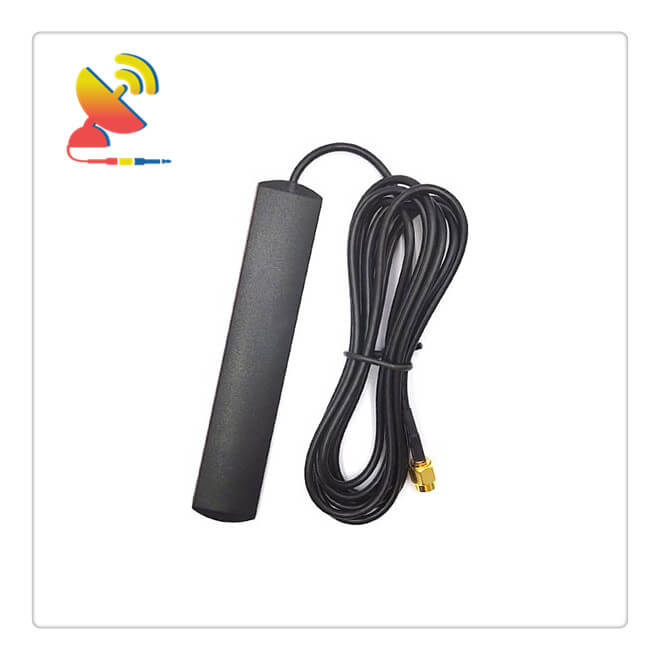
WiFi Antenna 2.4GHz Patch Antenna Flat Blade Adhesive Antenna video
WiFi and WiFi 6
WiFi is widely used due to its strong coverage and higher transmission rate.
WiFi is a wireless local area network application technology. Since its appearance, it has had a wide range of application prospects due to its convenient networking and easy expansion. Wireless access and high-speed transmission are the main technical advantages of WiFi
Wi-Fi technology has become an indispensable wireless Internet technology in our daily lives. Wi-Fi user-end products have developed from laptops to mobile phones to televisions, and their transmission rates are getting higher and higher.
The latest generation of Wi-Fi technology is named Wi-Fi 6, and its theoretical peak communication rate can reach 9.6Gbps.
Traditionally, Wi-Fi technical standards are generally called 802.11x. Later, the Wi-Fi Alliance felt that the name was too professional and replaced its technical standards with numbers. Specific to Wi-Fi 6, its technical standard is 802.11ax, which is the latest Wi-Fi technology.
There are already many Wi-Fi 6 wireless APs (Access Points) in the market, the latest mobile phones on the user side; some high-end laptops also support Wi-Fi 6.
Here, we must point out that only the AP and user equipment support Wi-Fi 6 technology in order to achieve Wi-Fi 6 data transmission. Regardless of AP or client products, the current Wi-Fi products on the market still take Wi-Fi 5 (802.11ac) as the mainstream.
So where is Wi-Fi 6 advanced compared to previous technologies? The main points are as follows:
Have a higher data transfer rate
It supports up to 8 transceiver channels (simply understood as 8 antennas), in the 6GHz frequency band, 160MHz bandwidth, the maximum transmission rate of each channel can reach 1200Mbps, and the theoretical maximum rate is 1200Mbps*8 = 9.6Gbps.
Larger capacity
Using the cellular network’s OFDMA (Orthogonal Frequency Division Multiple Access), multiple devices can share the channel, reducing the uplink and downlink delay. It adopts beamforming technology and utilizes multi-antenna resources to dynamically support local high-rate communication in a specific direction.
Optimized multi-user parallel communication mode
Wi-Fi 6 adopts MU-MIMO technology. In downlink communication, the AP can communicate with multiple user equipment simultaneously. Prior to Wi-Fi 6, APs could only communicate with one user device at a time. Optimized the user experience of video multi-user applications.
Support low-power applications
Using TWT (Target Wake-up Time) technology, the user equipment intermittently communicates with the AP, and the rest of the time enters the sleep state. This technology is mainly aimed at smart home IoT applications.
With the popularization of 5G mobile communication technology, Wi-Fi 6 can well solve the contradiction between ultra-high-speed 5G access and numerous non-5G user equipment.
After all, the hardware cost of Wi-Fi 6 is still far lower than that of 5G. All laptops, tablets, and TV sets support 5G mobile communication. In this application scenario, 5G is converted to Wi-Fi 6, and high-speed Wi-Fi 6 technology can distribute high-speed 5G data to Wi-Fi 6 devices.

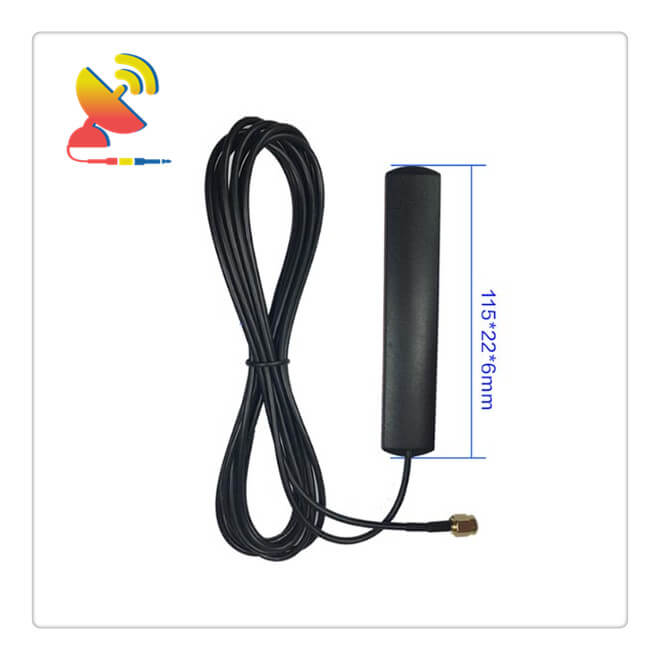
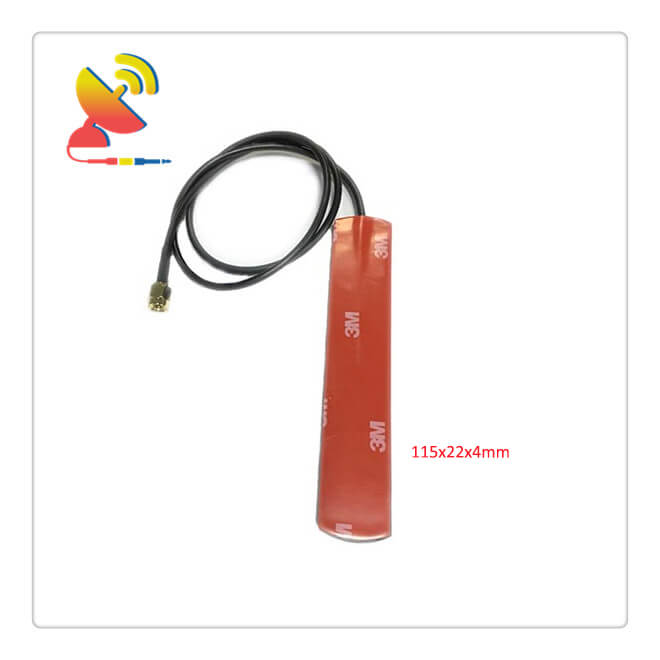
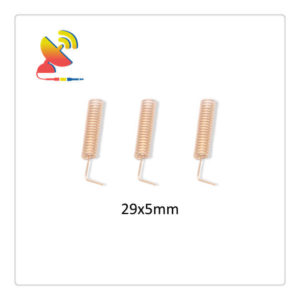
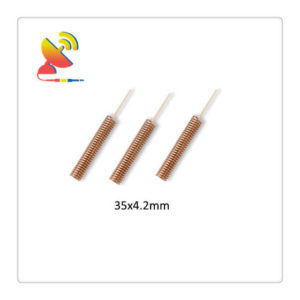
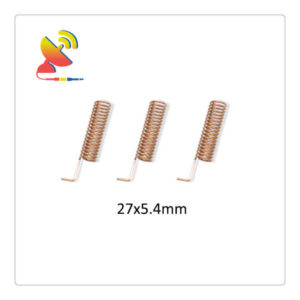
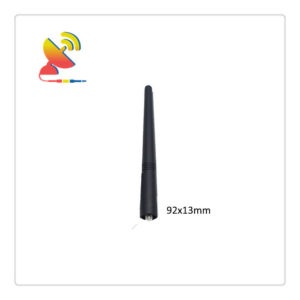
Reviews
There are no reviews yet.